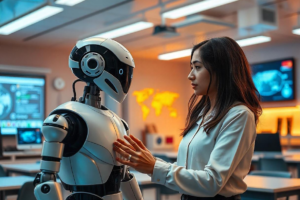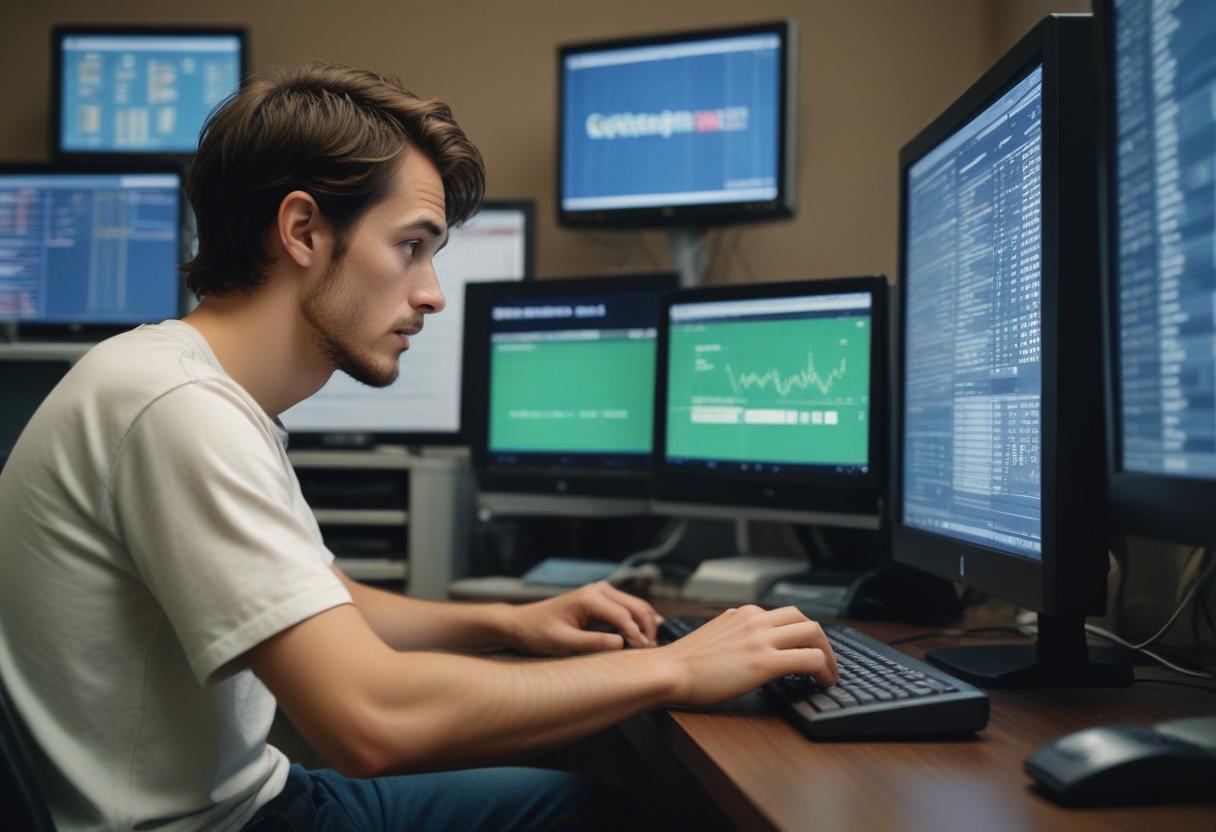A recent report from the South Korean central bank has sparked significant concerns about the profound influence of Artificial Intelligence (AI) on the country’s job market. The Bank of Korea has issued a cautionary statement expressing worries that the rapid advancement of AI technology could lead to widespread unemployment and economic instability.
The report specifically highlights AI’s ability to automate tasks across various sectors, including manufacturing, finance, and customer service. This automation poses a significant threat to the job market, especially for individuals in low-skilled and routine-based positions.
According to the central bank’s analysis, approximately 14% of jobs in South Korea are at a substantial risk of being replaced by AI technology. This translates to around 4 million workers who may face unemployment if decisive measures are not taken to address this challenge.
While acknowledging AI’s potential to enhance productivity and efficiency, concerns are raised about the potential for increased income inequality and social unrest. The report underscores the urgent need for proactive policies and investments in education and training. These initiatives are deemed essential to equip workers with the skills needed to navigate the evolving job landscape effectively. The emphasis is on taking preemptive actions to address the potential consequences of AI integration on employment and advocating for a holistic approach that prioritizes both economic advancement and social stability.
A spokesperson from the Bank of Korea said: “The impact of AI on the labor market cannot be underestimated. It is crucial for the government and businesses to collaborate to mitigate potential negative consequences and ensure a smooth transition.”
Despite South Korea being known for its technological advancements and active advocacy for AI development, the report serves as a wake-up call for policymakers and businesses to carefully consider the possible impacts of AI on the workforce.
Efforts are already underway to address the challenges posed by AI. The government is contemplating the introduction of retraining programs and measures to assist workers affected by automation. Additionally, there is a growing focus on promoting innovation and creating new employment opportunities in AI-related domains.
As AI continues to progress, achieving a balance between embracing technological advancements and safeguarding the welfare of the workforce becomes crucial for South Korea. Successfully navigating the challenges and opportunities presented by AI depends on collaborative efforts between the government, businesses, and workers.
















